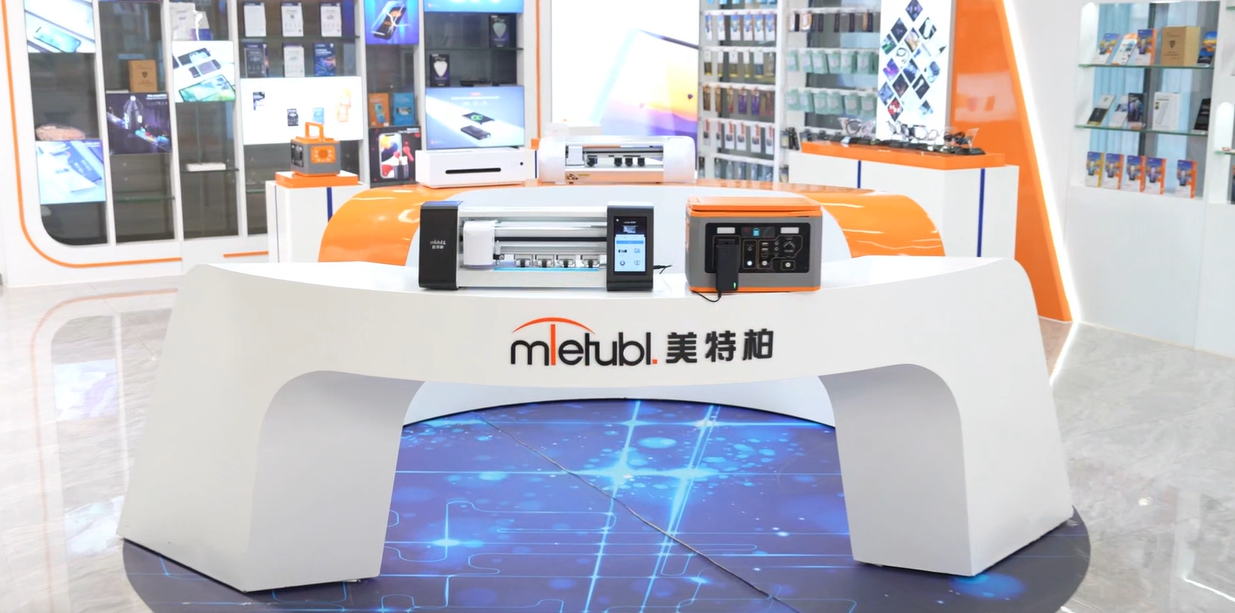
MIETUBL Brand Overview
MIETUBL is a brand originating from China and thriving through China’s intelligent manufacturing. It is committed to providing high-quality mobile accessories and related products to global consumers. Since its inception in 1998, the brand has followed the trends of the times, focusing on resource integration and building a symbiotic and shared industry ecosystem, enabling global consumers to conveniently access quality products that enhance their lives.
By continuously innovating and diversifying its product offerings, MIETUBL has achieved significant success in the mobile accessory industry. As a brand driven by customer value and innovation, MIETUBL has expanded into various product applications while accumulating rich industry experience and establishing a stable customer base. Headquartered in Zengcheng, Guangzhou, the company has strategically positioned itself within the mobile accessory industry, integrating high-quality production resources and aiming for a win-win business model.
Core Values and Development Vision:
-
Customer-Centric: MIETUBL always prioritizes customer needs, continually enhancing product quality and consumer experience through innovation and technological research and development.
-
Resource Integration and Industry Symbiosis: By integrating industry resources, MIETUBL creates a symbiotic, shared industry ecosystem, connecting global distributors and consumers, and promoting mutual growth across the value chain.
-
Global Vision: MIETUBL is committed to bringing Chinese manufacturing to the world, providing global consumers with high-quality, innovative mobile accessories, while offering profitable opportunities for distributors.
MIETUBL’s long-term vision is to continually enhance its products through innovation and quality, establishing “MIETUBL” as a globally trusted brand, recognized in markets around the world.
PRODUCTS
What Are the Differences Between 9H and 7H Tempered Glass Protectors?
Hardness and Scratch Resistance
The most obvious difference lies in their hardness rating. A 9H screen protector is significantly harder than a 7H protector. This means it's more resistant to scratches from everyday objects like keys, coins, and even knives. While neither will withstand a deliberate gouge from a sharp object, the 9H protector offers considerably better protection against minor scuffs and scratches that can accumulate over time. A 7H protector, while still offering decent scratch protection, is more susceptible to minor damage from everyday wear and tear.
The difference in practical terms is subtle but important. A 9H protector will likely maintain its pristine condition for much longer, showing fewer scratches and maintaining its clarity. A 7H protector might start showing minor scratches and haze sooner, impacting its aesthetic appeal and potentially reducing its effectiveness in protecting the underlying screen.
Durability and Impact Resistance
While hardness primarily relates to scratch resistance, it also indirectly influences impact resistance. A harder glass, like the 9H variety, is generally more durable and can better withstand impacts from drops and bumps. However, it's crucial to understand that even a 9H protector isn't indestructible and won't guarantee complete protection against significant impacts. The design and construction of the protector, including its thickness and layering, also play a significant role in impact resistance.
Think of it like this: a 9H protector is like a stronger shield, offering better protection against both scratches and minor impacts. A 7H protector, while still providing some protection, is more likely to crack or shatter under the same force. The increased strength of 9H glass typically comes with a slightly higher price tag, reflecting the superior materials and manufacturing processes involved.
Price and Availability
Generally, you'll find that 9H tempered glass screen protectors are slightly more expensive than their 7H counterparts. This price difference reflects the superior materials and manufacturing processes required to achieve the higher hardness rating. The manufacturing process for 9H glass often involves more stringent quality control and specialized techniques to ensure consistent hardness and durability.
However, the price difference isn't usually drastic. Weighing the slightly higher cost against the significantly improved scratch and impact resistance is a key consideration when making your purchasing decision. The availability of both 9H and 7H protectors is usually quite broad, with numerous options available from various retailers both online and in physical stores.
Conclusion
Ultimately, the choice between a 9H and a 7H tempered glass screen protector depends on your individual needs and budget. If maximum scratch and impact resistance is your priority, a 9H protector is the better investment, offering longer-lasting protection and maintaining its appearance for a longer period. However, if you're on a tighter budget and are willing to accept slightly less protection against scratches, a 7H protector will still provide adequate protection for your phone's screen. Consider your usage habits and the level of protection you require before making your decision.
SUBSCRIBE
INQUIRY
